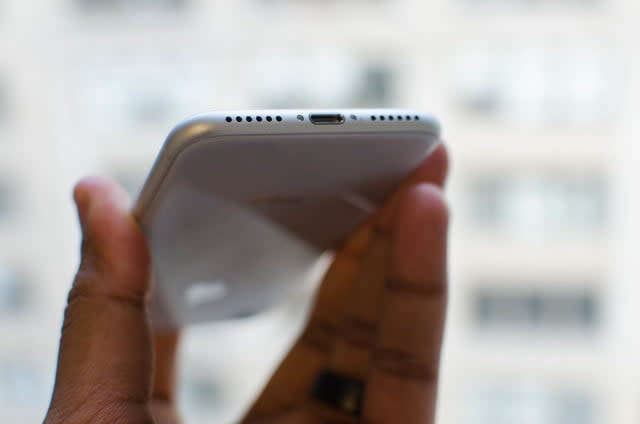Actually, you shouldn’t leave your smartphone to charge overnight, experts warn

It’s something a lot of us do last thing at night: plug our smartphones into the wall to ensure they’re at 100% when we wake up in the morning.
But is it really a good idea?
Not exactly, some battery companies have warned (and it isn’t due to the myth that batteries get ‘overfilled’).
The problem is that charging constantly means that the battery is constantly under stress because it dips slightly below 100%, then gets topped up again.
Hatem Zeine, founder of wireless battery company Ossia told Time magazine, ‘If you think about it, charging your phone while you’re sleeping results in the phone being on the charger for 3-4 months a year.
MOST POPULAR STORIES FROM YAHOO UK:
Man, 22, raped in middle of Glasgow after leaving nightclub
Labour voters know less about politics than Conservatives
Schoolgirl arrested for attempted murder after school welfare officer stabbed
Former university professor mauled to death by stray dogs on holiday in Greece
‘So even though the manufacturers try their best to cover this scenario, this process inevitably lowers the capacity of your phone’s battery.’
The best way to charge your phone isn’t to boost it up to 100% and leave it on the charger for hours – it’s to let your device ‘snack’ on a charger throughout the day, according to Science Alert.

When a phone charges for hours, it goes up to 100%, then gets ‘trickle charges’ to keep it there – which puts your battery under stress, according to Battery University.
Battery University says, ‘When fully charged, remove the battery. This is like relaxing the muscles after strenuous exercise.
‘Li-ion does not need to be fully charged, nor is it desirable to do so. In fact, it is better not to fully charge, because a high voltage stresses the battery.’

 Yahoo News
Yahoo News 

